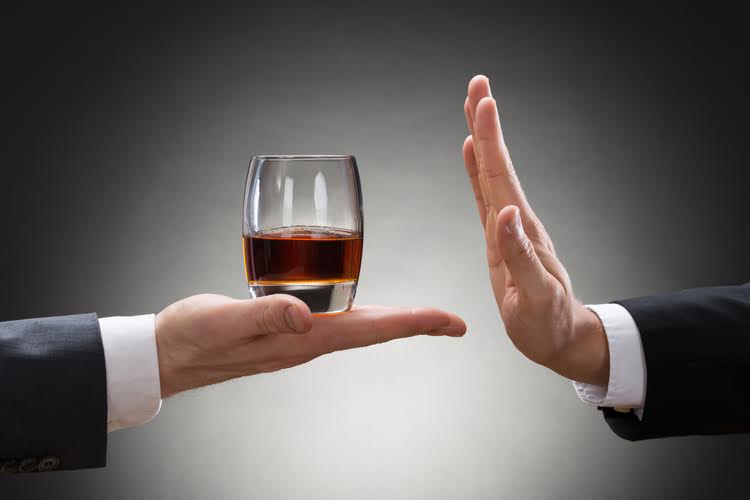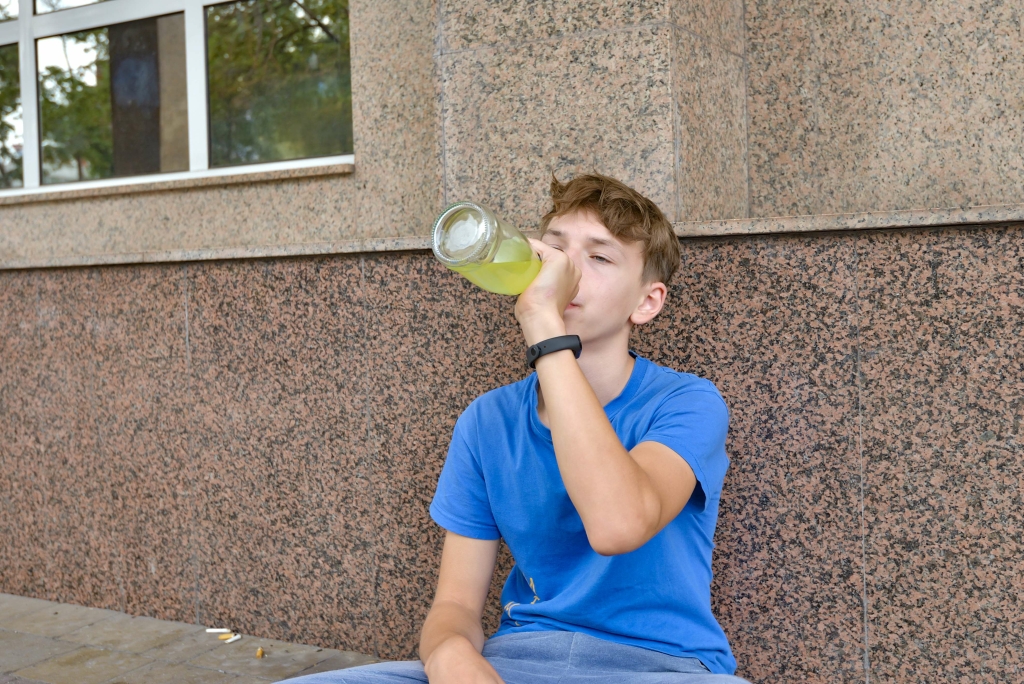Much like barbiturates (sedatives), alcohol is a drug that affects the central nervous system (CNS) and the brain’s functionality. FOLX now offers mental health care in select states, with more being added. Additionally, if you’re an existing FOLX member, our clinicians are here to support you and are happy to hear from you via the Athena Patient Portal. If you need help finding recovery resources in your area, please visit the FOLX Help Center and ask to be connected with our member referral network.
Effects of Alcohol Use

So even if you’re getting the right medication, if you keep drinking, your symptoms may not improve and if so, only marginally,” says Dr. Anand. If you drink heavily on a regular basis, however, the depressive effects of alcohol may become a part of your daily life. If you’re in recovery, and depression is a drinking trigger for you, this can make things especially difficult. Your system will eventually recover, but it can be helpful to have long-term support. Heavy and long-term drinking can put significant strain on the body, leading to an increase in the stress hormone cortisol. Because of its role in our “fight-or-flight” response, increased levels of cortisol can cause feelings of chronic stress.

How To Treat Alcoholism and Depression
- If you’re battling depression, alcohol isn’t going to make you feel better.
- CBT is one of the most well-known and researched therapies and has an excellent track record for treating depressive symptoms.
- Since alcohol can cloud your brain, it can keep you from seeing helpful solutions to problems.
- People who frequently drink are more likely to experience episodes of depression, and they may drink more in an attempt to feel better.
It also lowers inhibitions, so if you’ve been trying to keep some difficult emotions, like sadness or anger, under wraps, they may come flooding in when you drink. Since alcohol can cloud your brain, it can keep you from seeing helpful solutions https://romankalugin.com/page/8/ to problems. Lower-than-normal levels of these important chemical messengers can temporarily affect your speech, coordination, and energy. Drinking activates the reward system in your brain and triggers dopamine release, so alcohol often seems to have a stimulating effect — at first.
- Alcohol itself is categorized as a central nervous system depressant.
- Noticing these moments can help you make a plan for different ways to cope.
- The only certain way to prevent depression after drinking is to avoid alcohol entirely.
- It’s more likely to worsen negative mood states, along with physical health.
Dual Diagnosis: Why Substance Misuse Worsens Your Mental Health
And if you’re worried about your drinking, there are alcohol support services that can help. But for some people, these feelings don’t go away – they get worse and their feelings of depression can start to interfere with everyday life. Unfortunately, many addiction treatment facilities lack mental health professionals who can assess patients for mental illness. And mental health facilities often fail to address addiction issues, he says. By stimulating these two regions, alcohol can make you feel more relaxed, confident, at http://forum-abkhazia.ru/showthread-t_1454-page_9.html ease, and positive overall.

If you already have anxiety or depression, drinking can make it a lot worse
Excessive alcohol drinking can also cause problems socially, such as issues with family, school, employment, and friends. This could have a carryover effect http://www.ekranka.ru/actor/165/ on depression since loneliness and lack of social support are linked to depression. Treatment often includes an integrated approach to simultaneously address both alcohol use disorder and depression. When you drink too much, you’re more likely to make bad decisions or act on impulse. As a result, you could drain your bank account, lose a job, or ruin a relationship.
